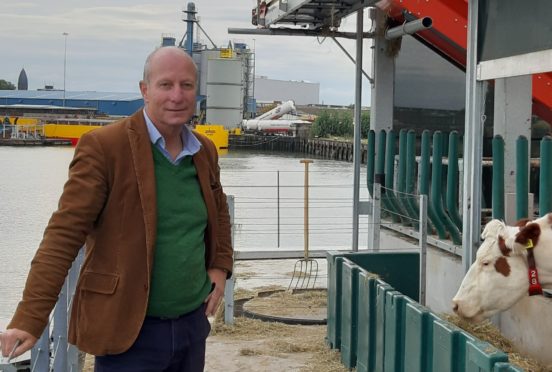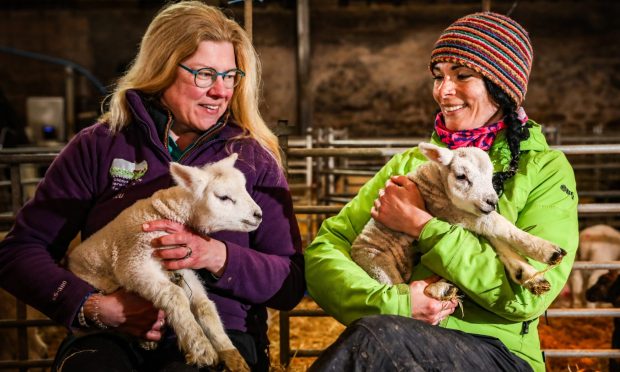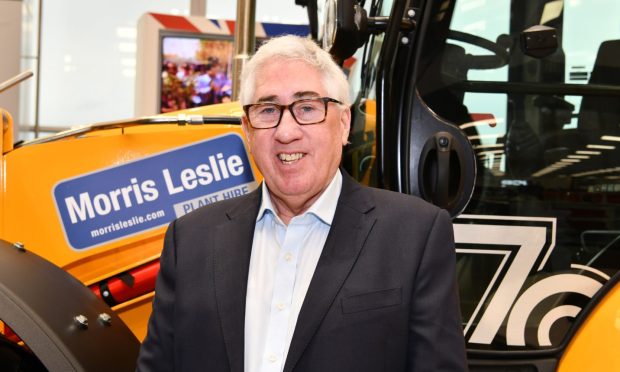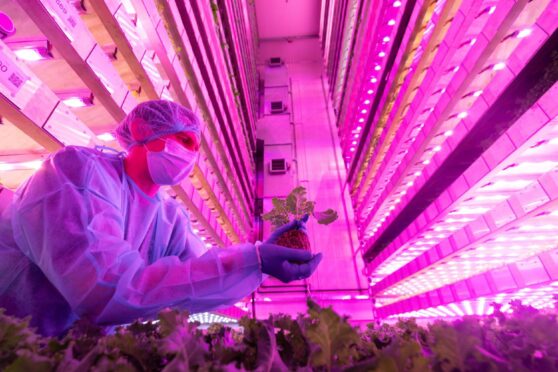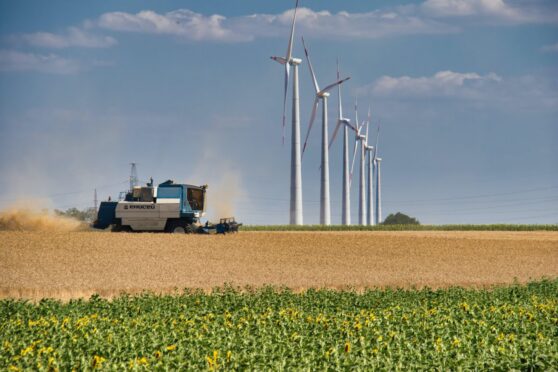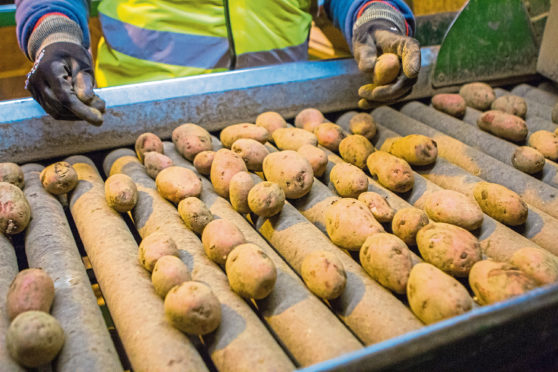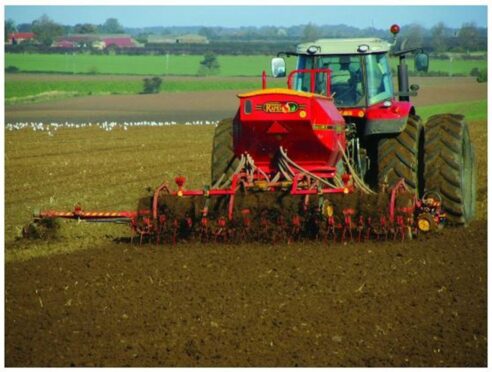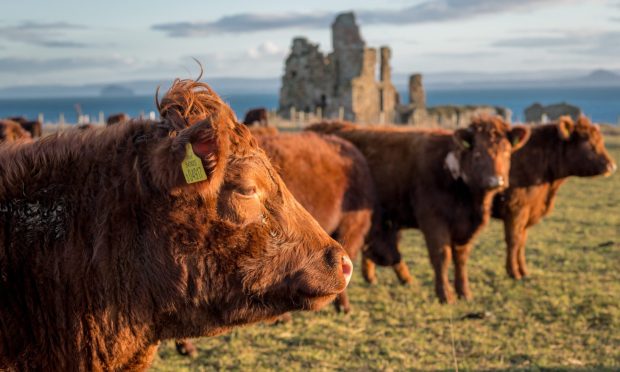Bobbing around a backwater of Rotterdam harbour are 35 brown and white cows, a dairy, a manure processing unit and the buoyancy materials that keep their base from sinking to the bottom of the sea.
Floating alongside the steel structure and creating a navigation hazard for ships is a sea of solar panels which produce 50% of the enterprise’s energy demands.
The noisy industrial scene is a far cry from the green pastures we associate with natural food production but, according to Peter van Wingerden, the engineer and mastermind behind the world’s first floating farm, he has developed the ultimate sustainable agricultural unit.
As barges manoeuvre around the farm and huge cranes load container ships nearby, Peter explains his mission is to demonstrate “circular agriculture”, reintroduce children to food production and prepare populations for climate change.
“Instead of relying on trucks, planes, trains, and ships hauling food in to cities every day, we have to feed the world much closer to consumers than we do now,” he says.
“Children have no idea about food, so we have to bring it back to where people live, and that’s inside cities.
“There is also serious climate change going on so we have to be adaptive. This building is climate adaptive, so whatever happens, we can always produce fresh food inside the city.”
At the heart of the farm are the 35 traditional Dutch Meuse-Rhine-Issel cows which are milked robotically and fed bio-waste which is delivered throughout the day from various premises in the city of Rotterdam.
“We use beer broth, potato peelings and grass from the main pitch of the best football team in the Netherlands,” says Peter.
“It’s the best team and the best grass – and it makes the best milk!”
In the tier below the cows the milk is processed and ultimately leaves the harbour as Floating Farm Melk or yoghurt to be sold by retailers in the city.
Peter says people ask for it because “it tells a story of honest, transparent, locally-produced food”.
The manure is collected and separated into water and solids aboard the farm then sold back to the city as fertiliser – either raw or heat-treated.
The feeding system is also automatic, regularly dropping a grassy mixture from a track which runs above the troughs after a laboratory has ensured the rations are balanced to provide all the nutrients required.
Peter insists animal welfare is at the heart of his design, and experts from the University of Wageningen were consulted from the outset.
Rubber is used on the floors, the poles supporting the structure are rounded to minimise risk of injury, and there’s a small “meadow” – a patch of green grass alongside.
Tour groups, students, children, bankers and city planners visit the farm every day from all over the world, and Peter is already in talks with investors in China, Singapore, the United States, London and elsewhere in Europe to buy scaled up versions of his self-funded prototype.
So, it may be green – but is it profitable?
“The farm is losing money because you need at least 80 cows to make a profit, but the dairy is making money, so together it is breaking even,” he says.
“We are now starting to build a floating farm for 7,000 chickens to produce eggs and then it will be a floating vegetable farm.
“We have brought the smell of the farmyard back to the city.”
The Floating Farm is the subject of BBC Radio 4’s On Your Farm programme tomorrow at 6.30am.
nnicolson@thecourier.co.uk
